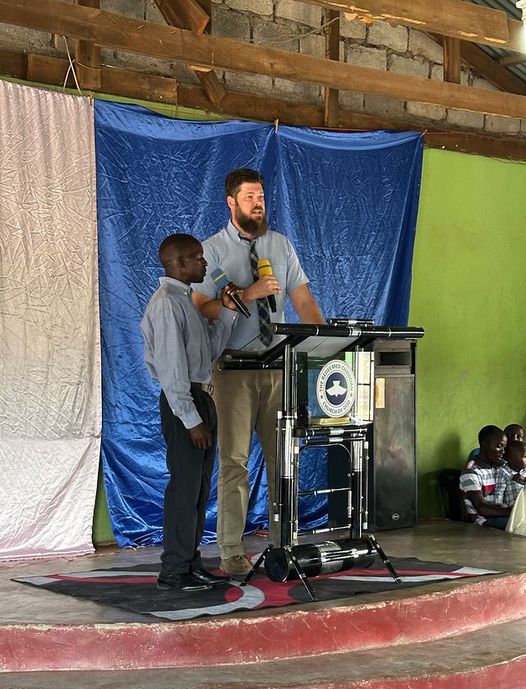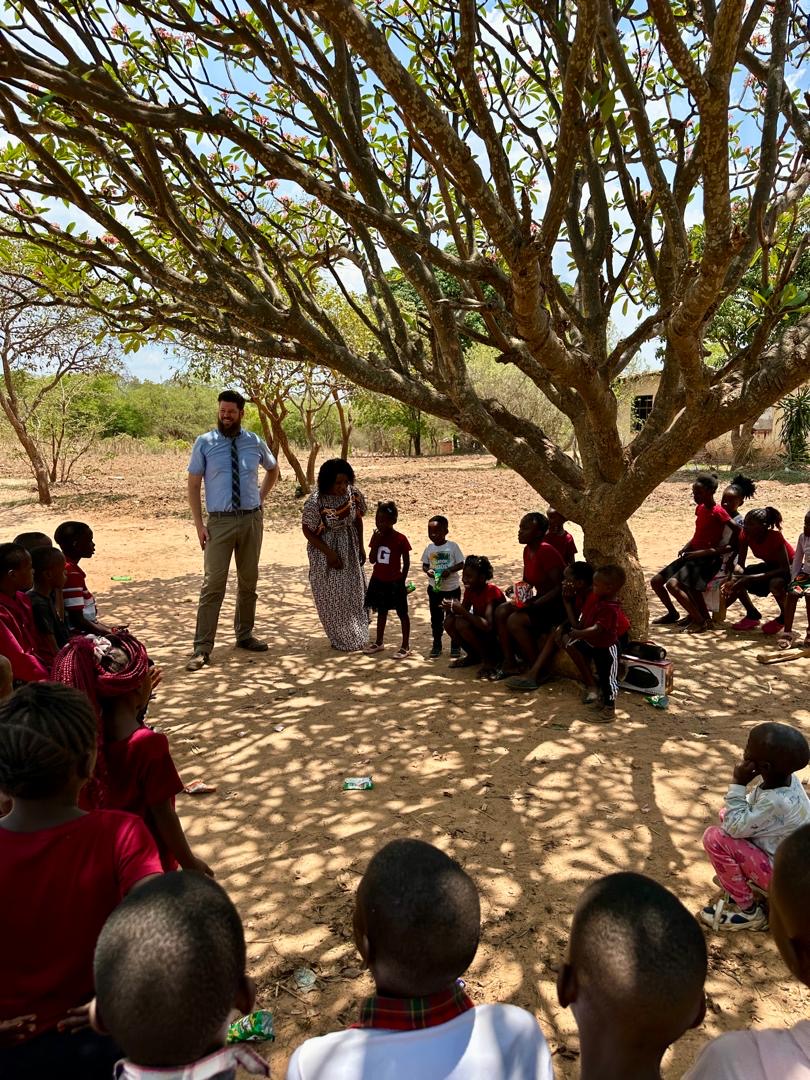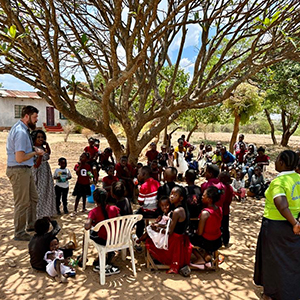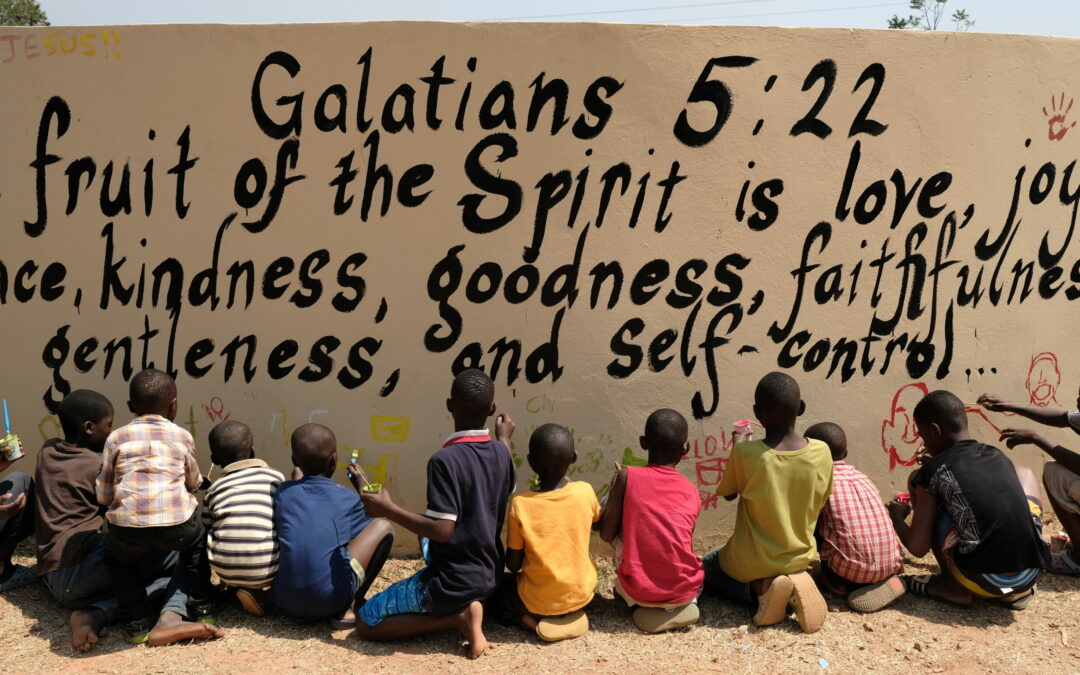My first sense that things were a bit different was at customs. After presenting a letter from ACTION Zambia explaining what we were in the country to do, the woman got a big smile on her face, waived the visa fee and wished me the best: God bless your trip.
This became a very regular occurrence in Zambia, when people learn that you are a pastor coming to serve with a missions organization, you are received with open arms. This is, at least in part, because Zambia is a Christian nation. It is ratified in their constitution as the state religion and most recent statistics say that 95% of the country claims to be Christian. To break this down even more, the rate of Protestants in 75%, while Catholics make up 20%.
There is no separation of church and state. When you drive down the road, you see shops with Christian signage and even the minibus names have some religious overtones (my favorite was LordForce). When you talk to people, they are always ready to praise God or to turn to Him for prayer. Coming from a Western country, where the culture tiptoes around religious ideas, this can be a bit shocking — though in a positive way. Zambia has what many in America are striving towards.
In this, you also see the issues of uniting nation to Christianity. Since Christianity is the cultural norm, they tend to read common knowledge as Biblical knowledge. Practices and ethics passed down by tribes are assumed to be Christian, because the people giving this counsel are Christian. This has created syncretism: a blending of cultural ideas and Biblical concepts. Some of the tribal ideas that have found their way into the church are anti-Christian.
There are religious groups in Zambia that celebrate this syncretism, others who merely accept it, and those who actively push back against it. In Lusaka, the Reformed Baptists are one of the ‘push back’ groups, with an influential church led by Conrad Mbewe (the Spurgeon of Africa). They also have a college that was led by Voddie Baucham and a seminary with an amazing faculty. For many outside of Zambia, this become the obvious group and movement to connect yourself to.
For those ministering in Zambia, it is not just about picking the people who are the most right. You can spend all of your time with the safer, more theological groups (who often already have their own resources), or you can focus on where the greatest need is (which will mean being in a lot of very awkward situations). Depending on where you live, this may also mean that the majority of the people who you are in a community with belong to one group or the other. If you are investing in specific people, in a specific area, you may end up at a church that is a bit different than what you are used to.




